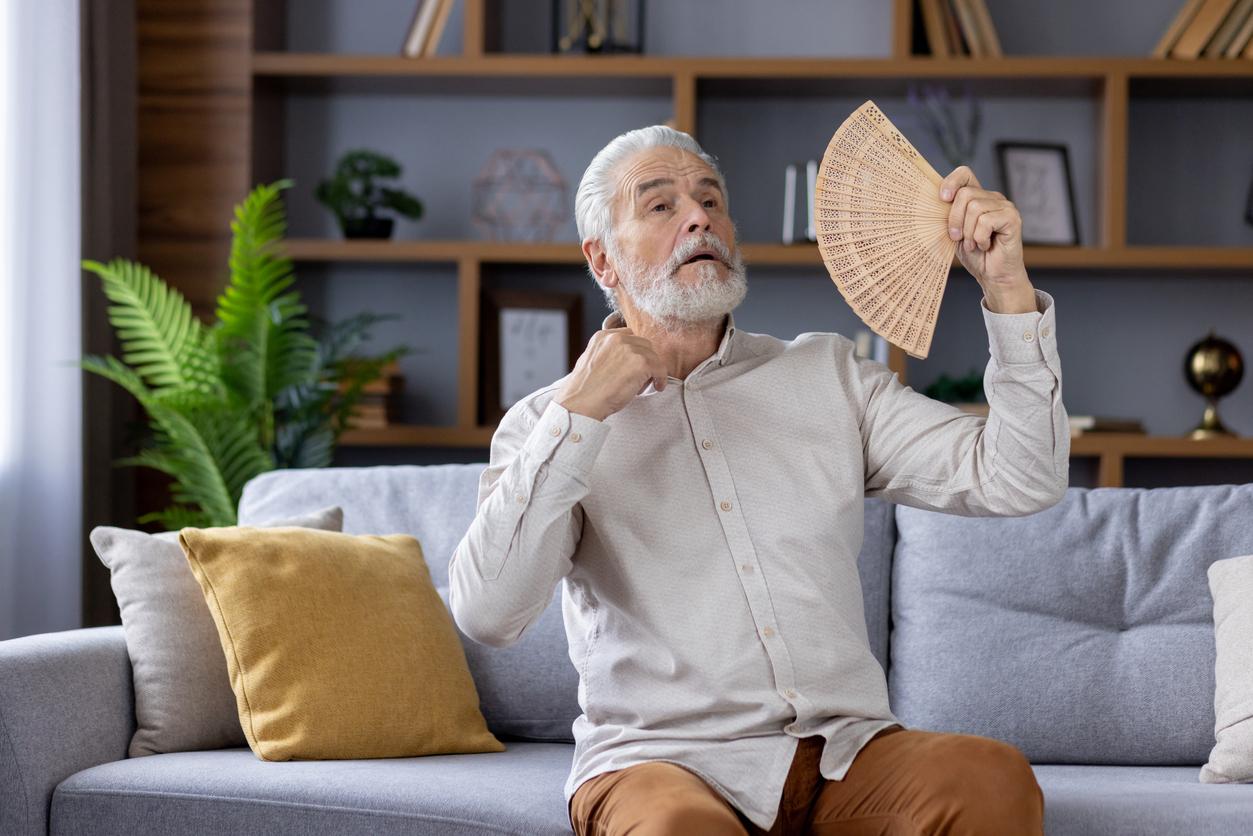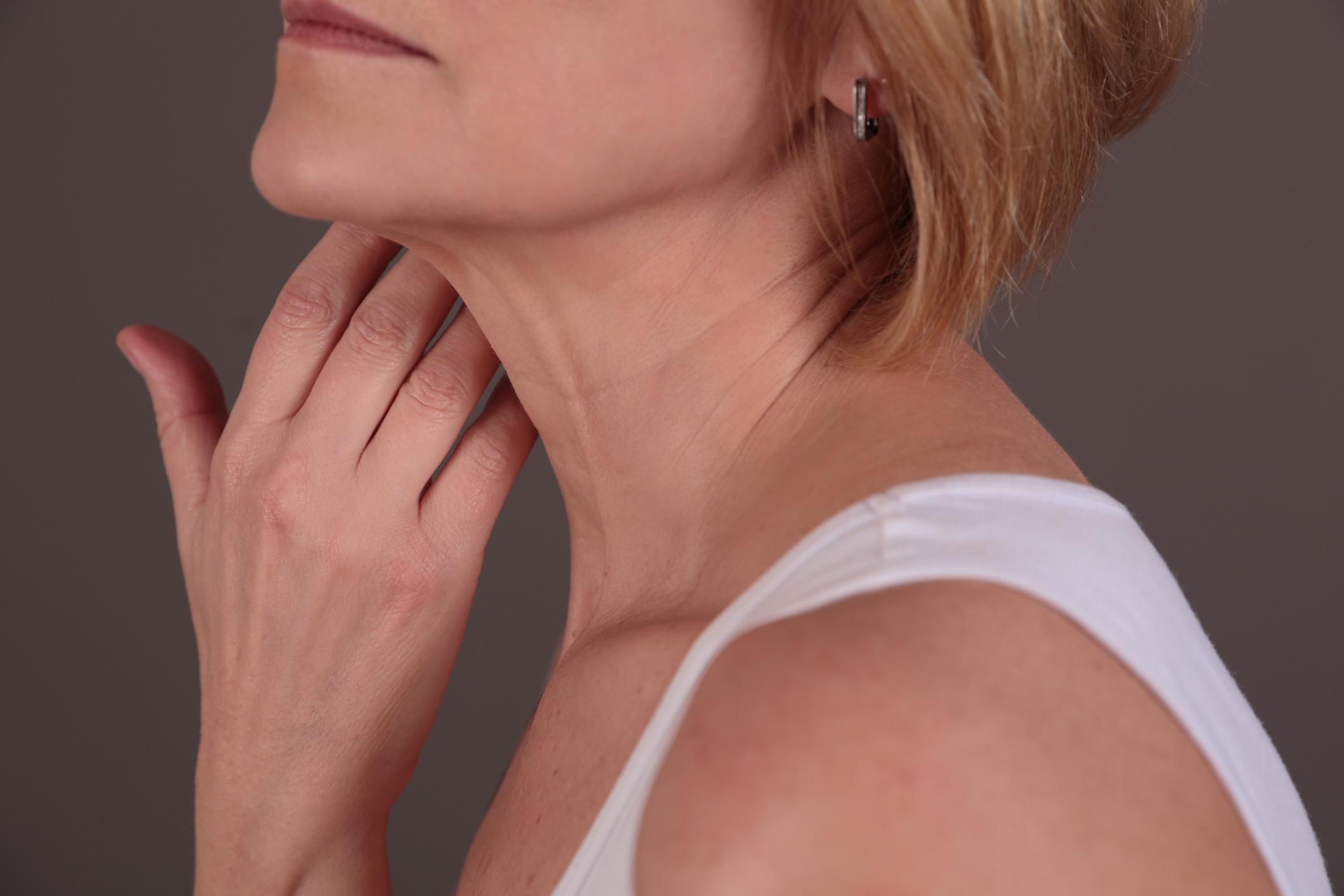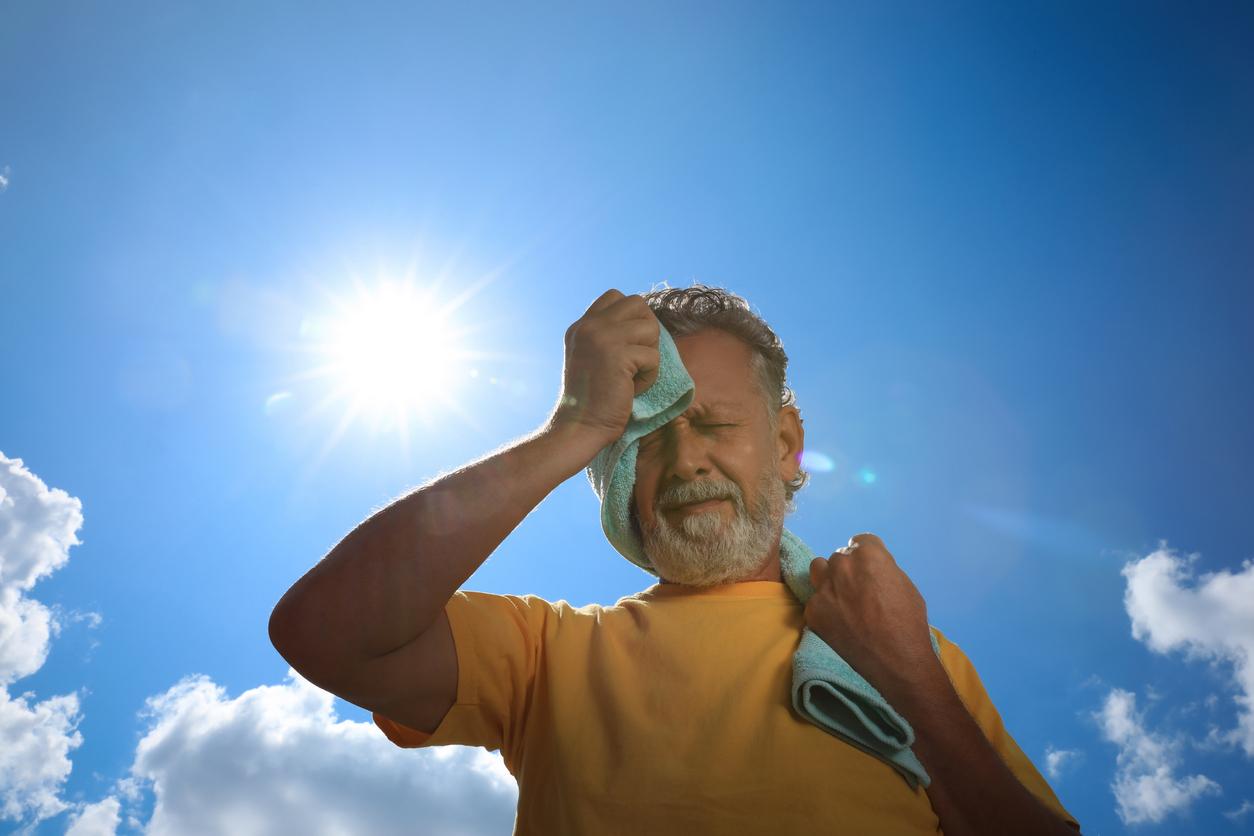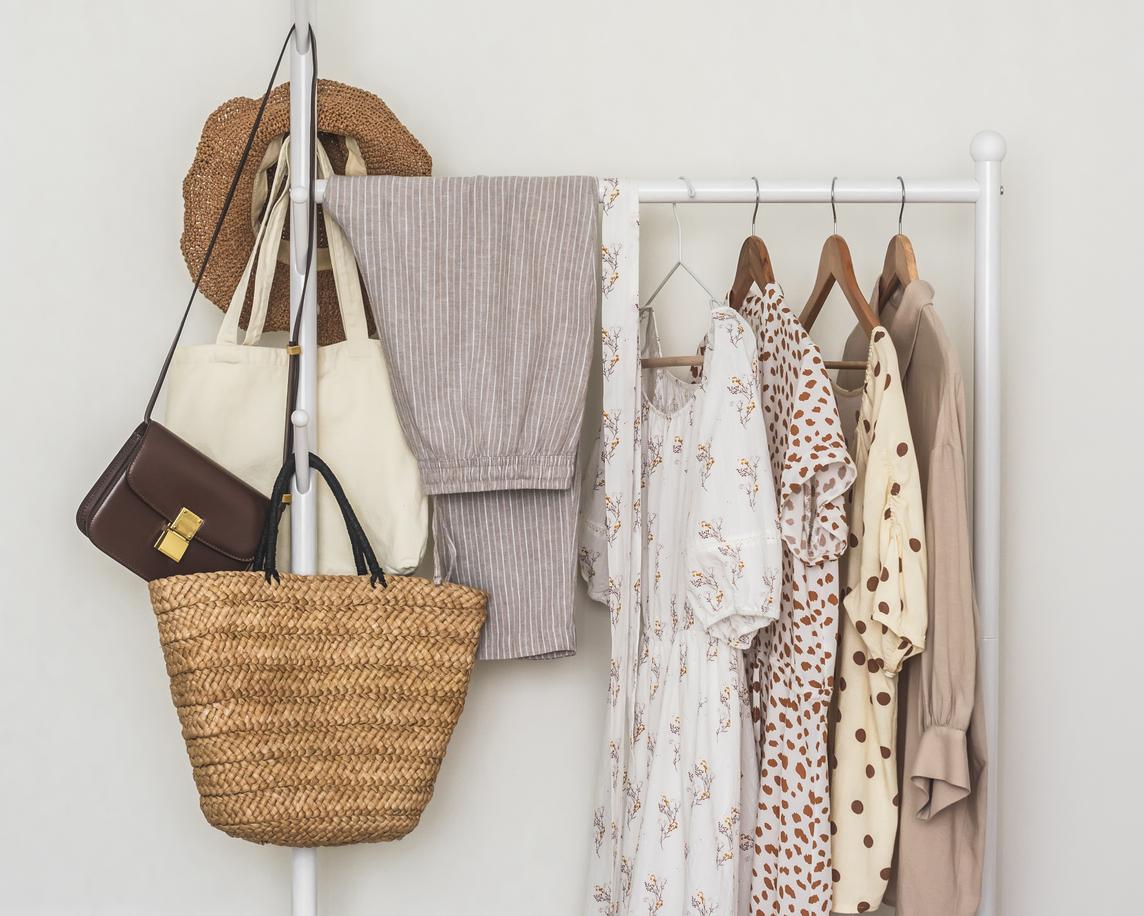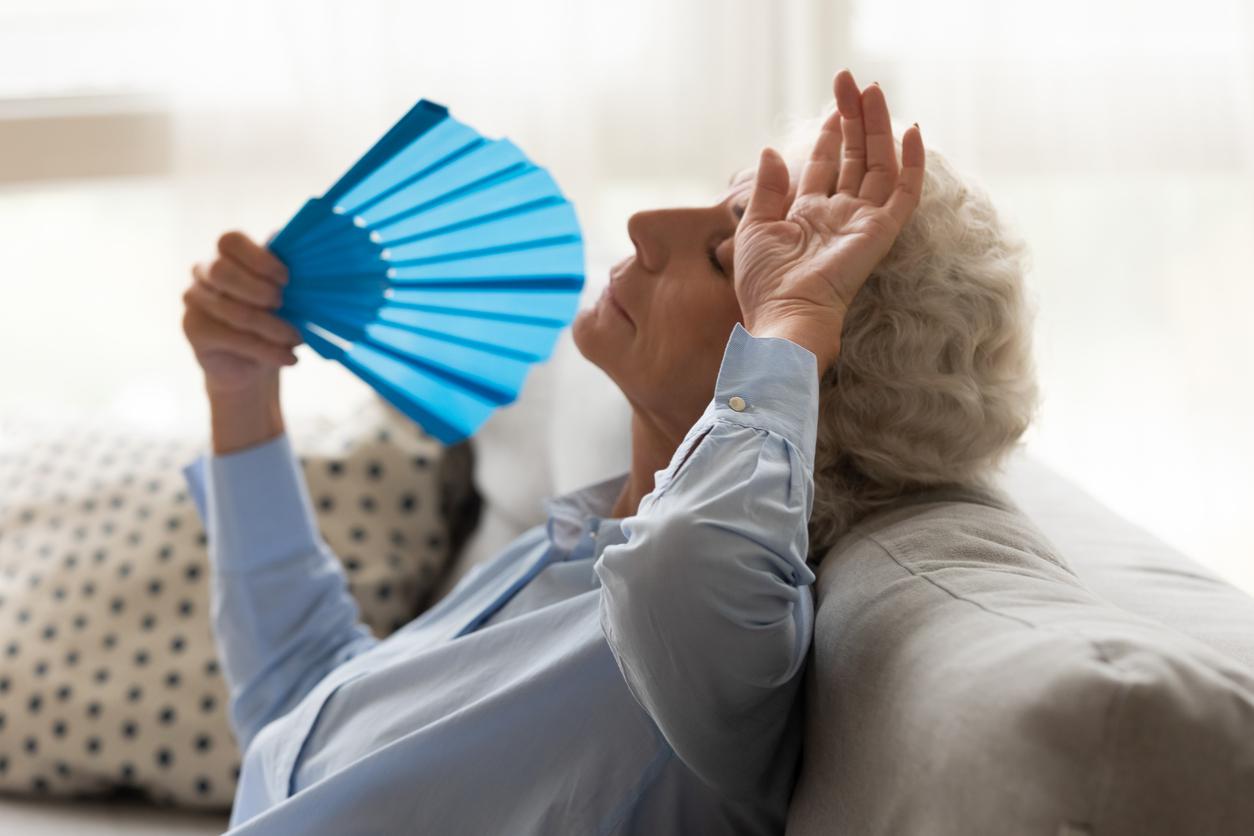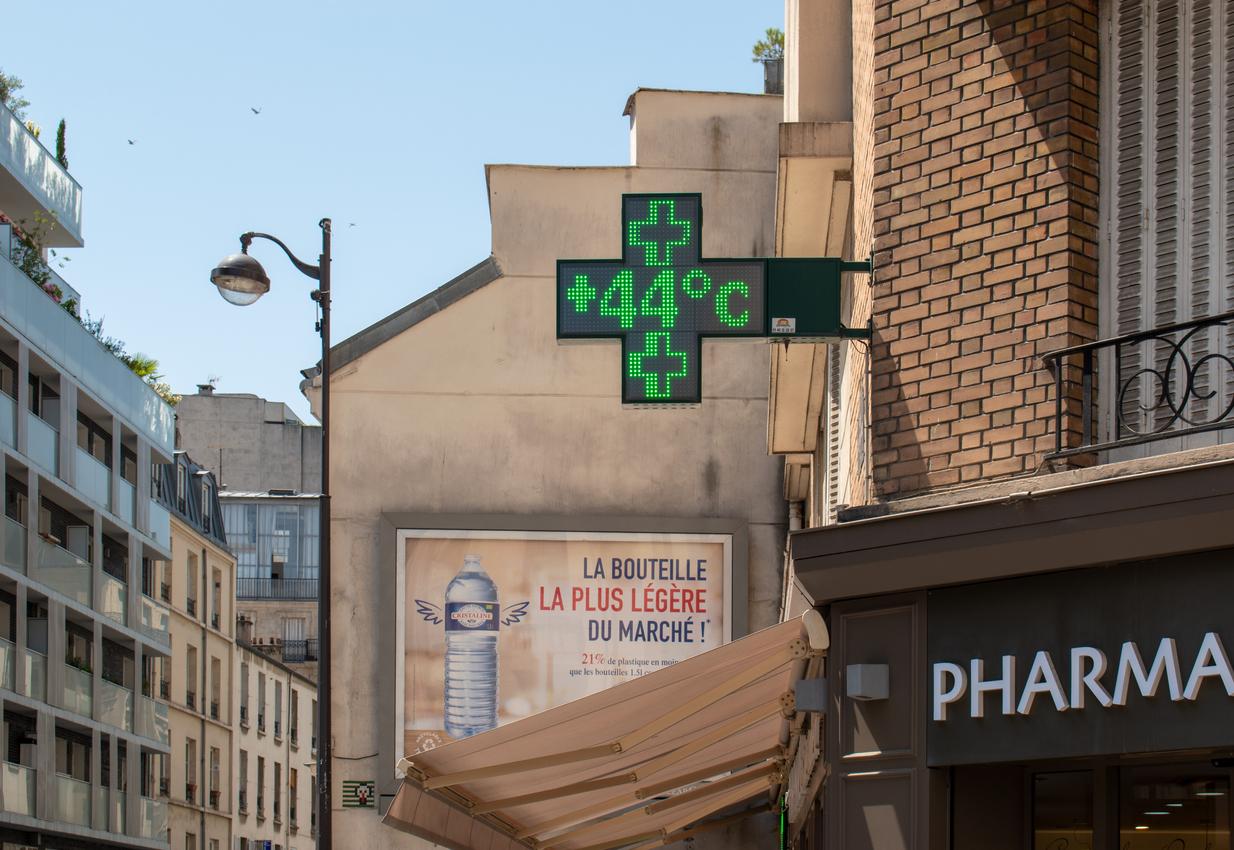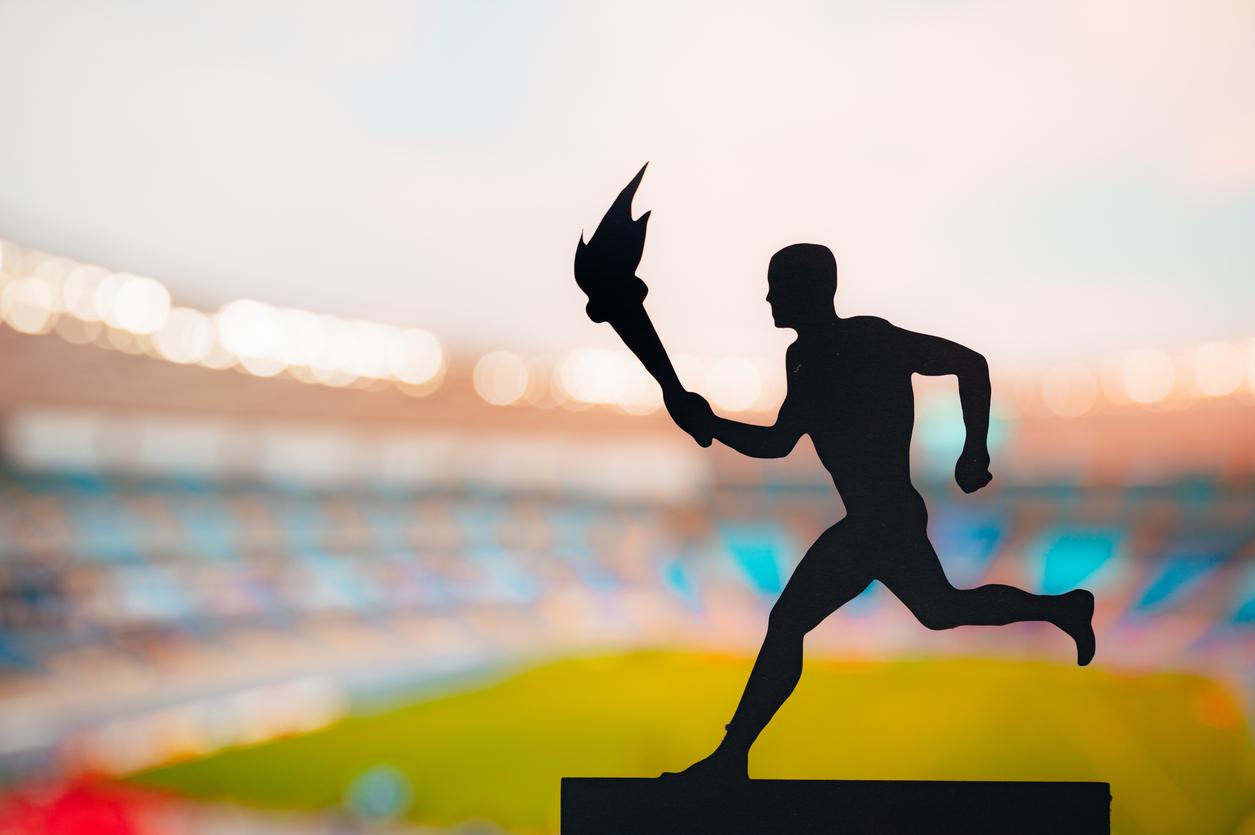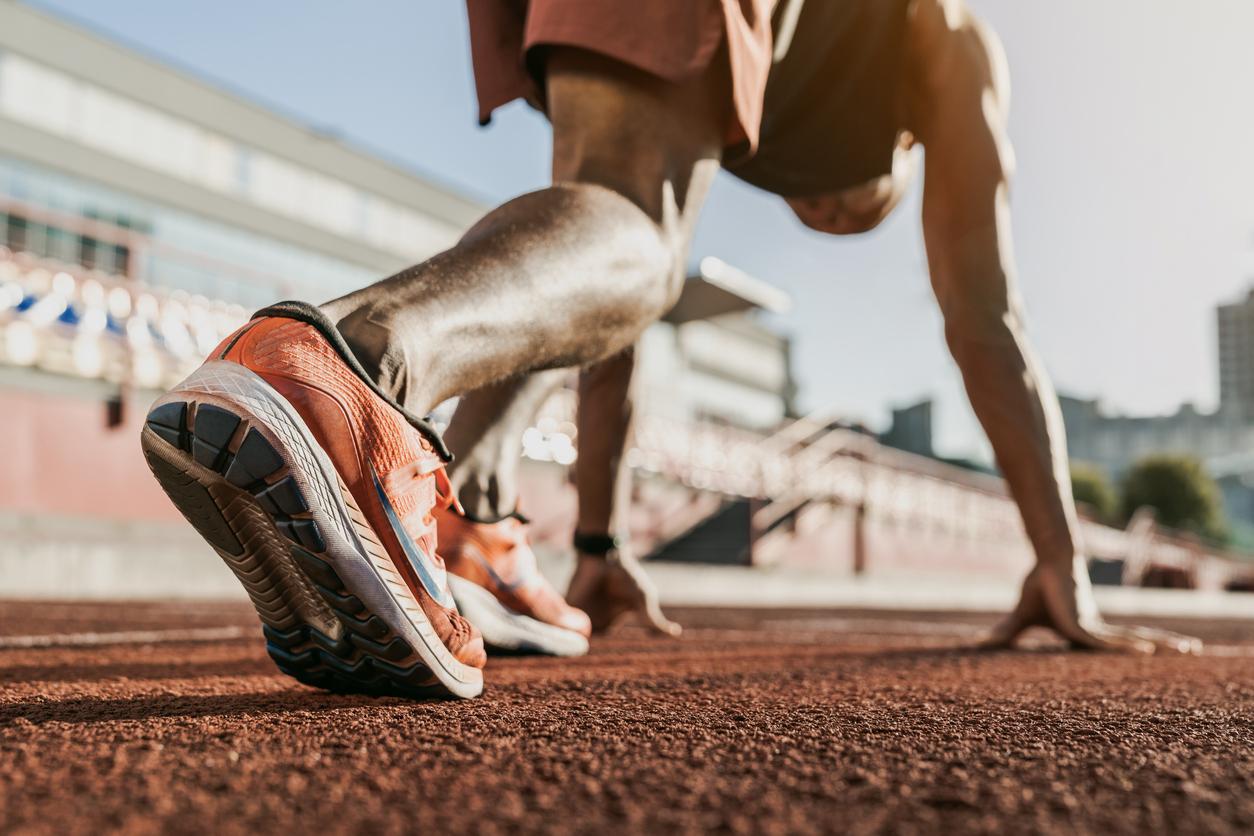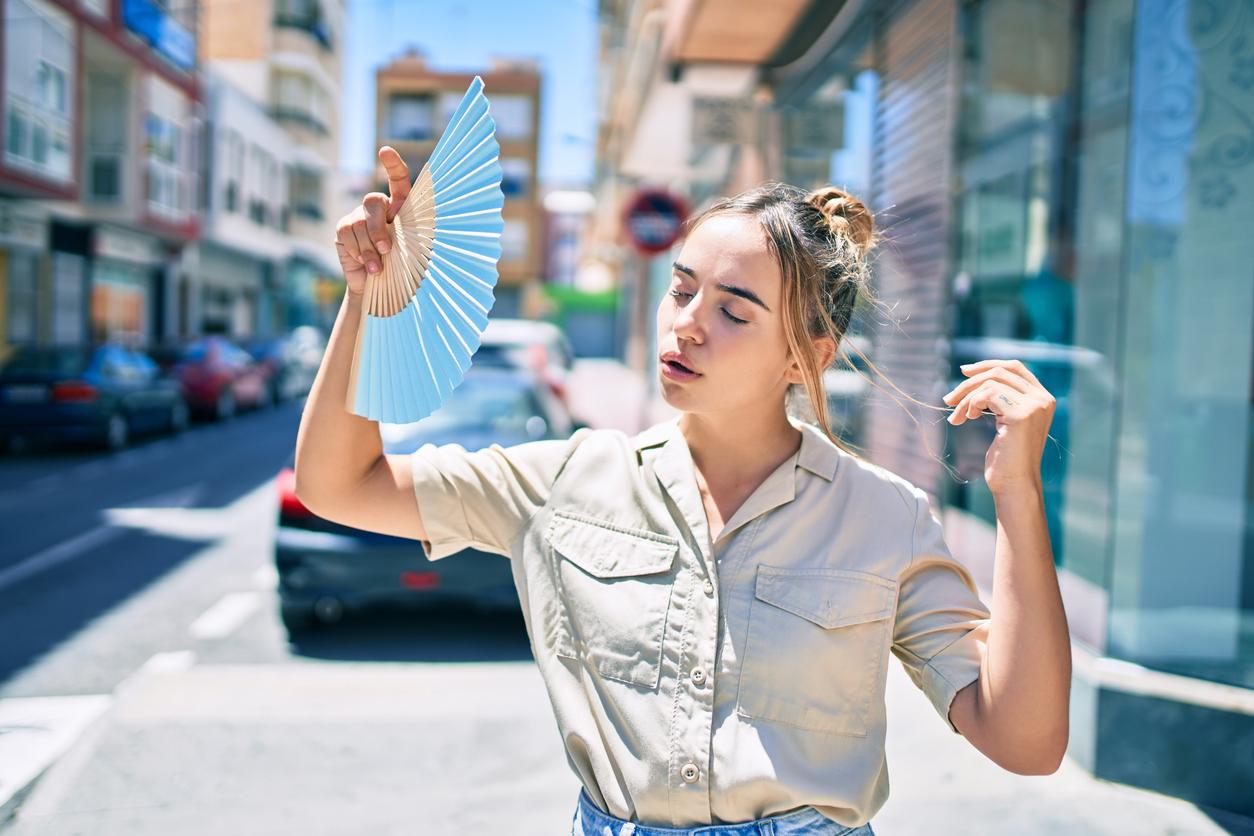
Less concentration and a lot of fluid loss
You can no longer ignore it: the temperatures are high on these days. It is advised to stay out of the heat, drink well and above all to take it easy. That is not for nothing, because your body has to work hard to keep the body temperature at 37 degrees. This is what extreme heat does to you.
sweat a lot
A visible and palpable reaction to heat is that we start to sweat. There are about two to five million of the sweat glands that play a role in regulating body temperature. Together they can cause the body to lose up to 10 liters of sweat per day. All those tiny droplets of sweat evaporate on your skin and help cool your body.
red head
Your body wants to get rid of the excess heat as quickly as possible. In extreme heat, the blood vessels under your skin open further, so that the heat can be dissipated more quickly. This is why you often get a red head with extreme heat or exertion.
Tired
The head is not only red, but also dull. Because the body loses a lot of energy keeping the body at the right temperature, there is less energy left for the brain to work with. This is why your concentration is much worse at higher temperatures. Lower blood pressure also contributes to this. It can therefore help to stretch your legs, so that the blood can be pumped faster to the brain.
Heart works hard
Much of the fluid we lose also comes from the blood vessels. The liquid part of our blood consists mainly of water. Because the fluid in the blood vessels decreases, the amount of blood also decreases. The heart therefore has to pump harder to get all the blood through the whole body. This can put a little more pressure on the heart.
little appetite
Have you ever noticed that you feel less hungry when it’s this hot? This is because the resting metabolism is adjusted. In addition, the blood in your body is needed in other places and some organs will have to make do with less. The stomach and intestines are ‘the victims of this.’ Less blood in these organs results in a lower feeling of hunger. Watch out for diarrhea, which can also be involved. It is important to eat enough with the warm weather, even when you have little appetite.
thick ankles
Do your shoes get tighter when it gets warmer? That makes sense. The fluid that exits your blood vessels easily accumulates between the tissues of your ankles. Your fingers also swell a bit more easily. This phenomenon is also called edema or dropsy. The fact that it stays in these places is simply due to gravity. It can help to exercise regularly and stimulate the muscles in the legs.
Salt retains moisture, but in extreme heat it is also important to eat some salt so as not to lose all the moisture. So feel free to take a handful of pretzels or a cup of soup and drink more water than you normally do. The advice is about two liters of water a day.
Sources):









